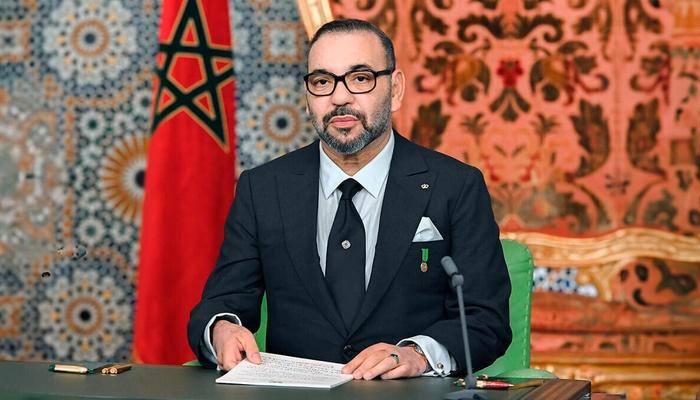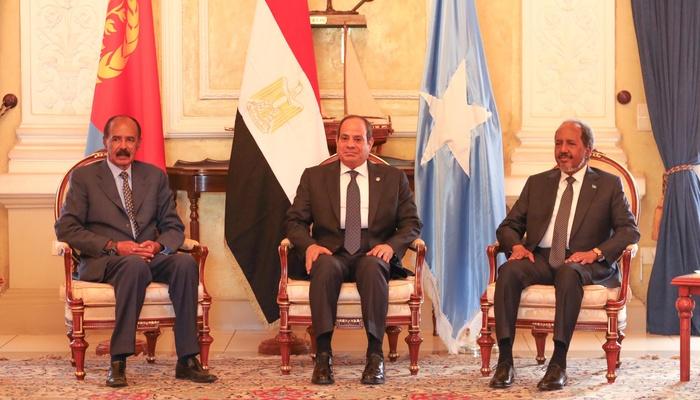Weah’s first hundred days
In Liberia, in November 2017, presidential elections took place and saw the replacement of Ellen Johnson Sirleaf, who had been ruling the country since 2006, with George Weah, who started his mandate on 22nd January 2018.
Liberia is a low-income country located in western Africa; the last 30 years of its history have been shaped by two civil wars (the first one from 1989 to 1997, while the second one from 1999 to 2003), enhanced by the differences amongst the ethnic groups, and the Ebola epidemic (2014-2015). Despite the difficulties in reuniting such a fragmented context and facing the health crisis, Liberia is one of the 14 countries experiencing the highest rates of the Human Development Index (HDI), gaining 2% annually since 2000, according to the United Nations Development Program (UNDP). Yet, as the Human Development Report (2016) highlights, Liberia still ranks 177 out of 188 countries; in addition, it is important to underline that the index, being an average, hides inequalities in distribution of human development across the whole population. Once inequalities are considered, the HDI for Liberia drops from 0.427 to 0.284 in 2015 (a loss of 33.4%), which is higher than the regional average (around 32.2%).
In the aftermath of the internal conflicts, a transition government ruled from 2003 to 2005; subsequently, fair and peaceful democratic elections took place and saw Ellen Johnson Sirleaf, representative of the Unity Party and former economist at the World Bank, as winner of the second round and first woman democratically elected as president in Africa. The Ellen Johnson Sirleaf’s years have been characterised by a strong will for eradicating the foreign debt: in the first three years she cancelled almost 5 USD billion, facilitating the path for foreign investments in the country and increasing the annual government budget from 80 to 516 million USD by 2011. In addition, her efforts towards gender equality have been remarkable: it is sufficient to think of the enforcement of a tougher law against rapes (it is important to underline that during the civil wars an estimated 70% of the country’s women have been raped), although it was softened by an amendment. Indeed, it was thought that having a woman as head of state would have brought along a faster and wider inclusion of women in the public powers, but this was not the case. Therefore, many laws meaning to boost gender equality have either not been passed or lessened, as lacking the support of women voting them in the parliament. In addition, in her final week of office, Ellen Johnson Sirleaf signed an executive order on domestic violence: yet, a key part of the proposal, regarding the ban for female genital mutilation on under 18 year old girls, was removed. Overall, the legacy left by Ellen Johnson Sirleaf is a mixed one, as her efforts to build and maintain peace and to improve women’s protection are undeniable, yet, overshadowed by allegations of corruptions favouring her relatives and accusations of trying to protect them from any sort of investigations. Furthermore, the fact that Liberia is still ranking so low in terms of development, shrinks her successes. Her popularity decreased even within her own party, which decided to expel her after she lost the elections.
George Weah is a former football star, playing in European teams, such as Ac Milan, Paris Saint Germaine and Chelsea, from 1988 to 2001, and a passionate musician; already close to the philanthropy world, he went even closer, becoming UN Goodwill ambassador and ambassador for UNICEF, and eventually starting a career in politics. With the end of the second civil war, he declared his intentions of engaging in politics and formed the Congress for Democratic Change. He faced Ellen Johnson Sirleaf in 2005 elections; her Harvard’s education, compared with the opponent’s lack of high school diploma, prevailed. During the last mandate of Ellen Johnson Sirleaf, George Weah completed high school studies and obtained a Bachelor in Business from the DeVry University (Florida). Eventually in 2014, he was elected senator for the Montserrado province.
As Mr. Weah’s mandate on 22nd of January, it is time for an evaluation of his first 100 days in power; yet, firstly, it is important to highlight the main points of his electoral program, to see whether he is being consistent. Mr. Weah campaigned and won the latest elections with the Coalition for Democratic Change (CDC), gathering the support of many young Liberians by promising to reform the economy of the country by fighting corruption and nepotism; moreover, his program was centred on addressing youth unemployment by improving the academic institutions and vocational trainings. To obtain further support, he announced to cut his salary by 25%, to waive exam fees for around 34,000 students and provide Wi-Fi access to the University of Liberia. Weah also pointed out the intention ambitious long-term projects: for instance, the building of a military hospital and the construction of a coastal highway.
In terms of achievement, he already placed 200,000 USD for a feasibility study for the former and signed a memorandum of understanding with an Asian conglomerate for the latter. However, critics have expressed concerns about the new hospital, as the existing ones are underfunded and risk to shut down; thus, the question put is why not to improve the facilities already in place. Others point out that Liberia already has a high level of debt; thus, they question whether it is a good idea to borrow hundreds of millions to invest in infrastructures. Moreover, other critics are raised on the purpose of these projects, querying if these are actually favouring the poorest, such as rural communities and slums.
With regard to corruption, Mr. Weah undertook some risky action: his attempt to nominate as Minister of Justice a man who had lost his licence for misappropriation of a client’s 25.000 USD ended with a withdraw of the nomination. Even the choice of removing the secretariat for the Liberia Extractive Industries and Transparencies caused the reaction of the opposition, the media and the international community, such as Global Witness. More concerns have been expressed for the employment of Mr. Weah’s brothers by the National Port Authority, which sadly recalls the Johnson Sirleaf’s allegations of nepotism.
Within his cabinet, as well Mr. Weah has to face criticism: choosing to run the elections partnering with the ex-wife of the convicted war criminal Charles Taylor raised worries; in addition, the appointment of Charles Bright, former finance minister for Taylor, as economic adviser gives the impression that Mr. Weah wants to perpetrate the Taylor’s legacy.
To conclude, despite the enthusiasm with which Mr. Weah has been cheered in aftermath of the elections, many episodes in the last 100 days surprised many. It will be enough to think of the promises made to fight and end corruption, which clash with the controversial nominations for public offices. Not only corruption, but also the proximity to the exponents of the Taylor’s administration is somehow disturbing. Yet, although Mr. Weah’s supporters have been disappointed to some extent, the experts state that consensus is still high and that he is looked at with hope. It is hard to predict what will come next and it will depend mainly on the Weah’s capacity of maintaining the population’s support. To this regard, it will be pivotal to identify the boundaries that should not be crossed, with regard to corruption and nepotism.







